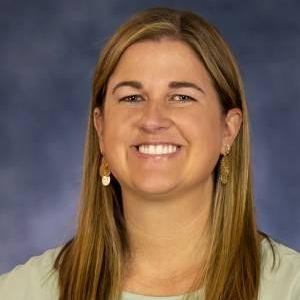Title : Advocacy education and associate degree nursing students
Abstract:
The transition from student to registered nurse is often challenging as nursing school graduates begin their careers and develop professional identities. Advocacy is a critical component of nursing practice and plays a crucial role in the effectiveness of patient care.
Purpose: This exploratory study aims to determine how current students in Associate Degree in Nursing (ADN) programs rank their feelings toward advocacy. This research will fill a gap because there are very few studies on advocacy among ADN students. Most literature discusses advocacy issues among nurses; few studies have been conducted on nursing students, and little current research has been found on students either attending or graduating from ADN programs.
Background: Nursing students must transition to practice with the knowledge and skills to advocate for themselves and those in their care. Recognizing the present gap in literature, there is a need to establish a foundational understanding of students' current attitudes toward advocacy in the absence of any intervention.
Methods: The target population will be students currently enrolled in ADN programs. The intended sample size is 185 participants. Approval has been obtained from Institutional Review Boards (IRBs). The instrument that will be used is the Protective Nursing Advocacy Scale (PNAS) developed by Hanks in 2010. The PNAS is a five-point Likert Scale with 37 statements about advocacy ranging from “strongly agree” to “strongly disagree.” The items in the PNAS are divided into four subscales which include acting as an advocate (16 statements), work status and advocacy actions (five statements), environmental and educational influences (eight statements), and support and barriers to advocacy (eight statements). The PNAS will be accessed through a link, which will be emailed to prospective participants. Measures to mitigate response bias include anonymity and the randomization of statements within the survey.
Assessment of Findings: This exploratory factor analysis will be completed by February 15, 2025.
Implications: A stronger understanding of nursing students’ current feelings toward advocacy can positively impact the delivery of education in ADN programs. Results will provide a foundation for future studies by integrating a specific intervention teaching advocacy skills. The established instrument can provide insight into weaker areas and thoughts surrounding advocacy, and results can direct learning outcomes during the implementation phase of future research.
Conclusion: The findings of this survey and subsequent analysis are expected to highlight the critical role of advocacy in the education and professional development of ADN students. Results will provide necessary data to initiate further analysis, prompting continuous examination of how experiences in nursing school shape students’ future practice and commitment to patient-centered care.



